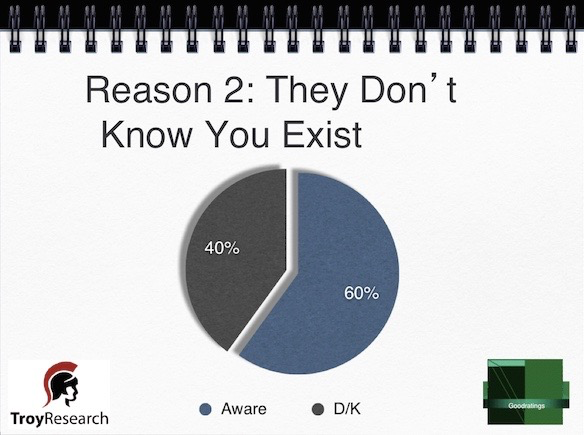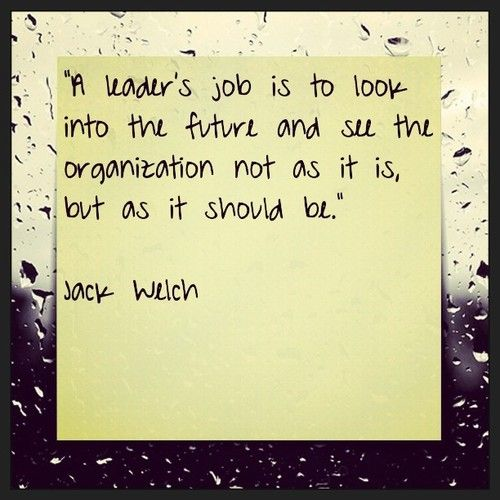Twenty years ago my friend Alan suggested that I write. Five years ago I took him up on his suggestion. Some of us are slow to take wise counsel.
Exactly 260 weeks ago I began punching away at these musings on programming strategies, perspectives, and stories I’ve picked up along the road. Over the course of five years I think maybe writing about ‘the #1 reason stations aren’t successful’ is pretty important. Who knows? I may even step on a few egos. Unless of course you don’t have one.
Frankly, I’ve found THAT to be the essence of…(drum roll)… the #1 reason stations aren’t successful.
Ego.
Now, before you throw me off the bus, let’s remember that Ego simply means a self-centered perspective. The challenge is when ‘ego’ takes on such exaggerated sense of importance that other points of view or counsel are not welcome in the room.
“When I find the ego in the organization, I’ve found the problem.” Fred Smith
Over four decades ago I began my radio journey at a tiny 500 watt AM radio station in my hometown in Texas. Jay was my first radio mentor who taught me how to cue up a record, to watch my levels (no processing and no air monitor), and how to pronounce “ewe”. (For you city folk, it’s pronounced “you”).
My burgeoning radio career was then nurtured by Dave, Bill, Dwight and Bob; then Bill again (he hired me back). Then I took a big step forward as I learned from Howard and Larry, then on to the big leagues with Ed, Tim, and Mr. Hyland. A few years later I was transported into programming strategy lab of Randy, Al and Alan, a magical point at which the programming veil was lifted and I first saw clearly. That’s when Tommy coerced me to call Bill and Jenny Sue, who propelled me off on a wild adventure with a very tall fellow named Bud, who simply changed my life. That’s when I feel like my programming acumen was put on steroids with daily mentoring by Alan, Tommy, Rick, Tom, Walter, Jim, and Jay. Then David and Joe walked into my life and I entered yet another dimension of learning. I was then connected to Ty and Mike, reconnected with Tommy; then to Jim and Dean and Lisa Jean, Joe and Jim, Bob and Ralph, and Mike and Mike. Even that long list leaves me ten years shy of the most recent influences in my life.
If I had written Frost Advisory #260 before being influenced by these people, it wouldn’t be worth reading.
“Everything I know I learned from someone else.” Tom Watson
I heard a friend of mine recently say the biggest influences in his career were from thirty years ago. If you’re doing the math, Ronald Reagan was president, and you and I had not yet spell-checked our very first e-mail. How sad, I thought. How sad that his ego has shut out three decades worth of learning, experience and expertise. They say that there’s a difference between thirty years of experience and one year of experience thirty times.
“The unsuccessful person is burdened by learning, and prefers to walk down familiar paths. Their distaste for learning stunts their growth and limits their influence.” John C. Maxwell
Now don’t take this the wrong way, but I’m told the word ‘idiot’ comes from the Greek word “idio”, which means one who is self-centered and excludes himself from the ideas of others.
Next week I’ll delve into Ego’s ugly stepsister – Trust. And we’ll kick around some ways to, dare I say, not be an idiot.
http://www.ted.com/talks/simon_sinek_why_good_leaders_make_you_feel_safe










 I arrived at Easter Sunday church during a torrential Florida downpour. Streets were flooding and the church parking lot looked like it could host a water ski tournament.
I arrived at Easter Sunday church during a torrential Florida downpour. Streets were flooding and the church parking lot looked like it could host a water ski tournament.